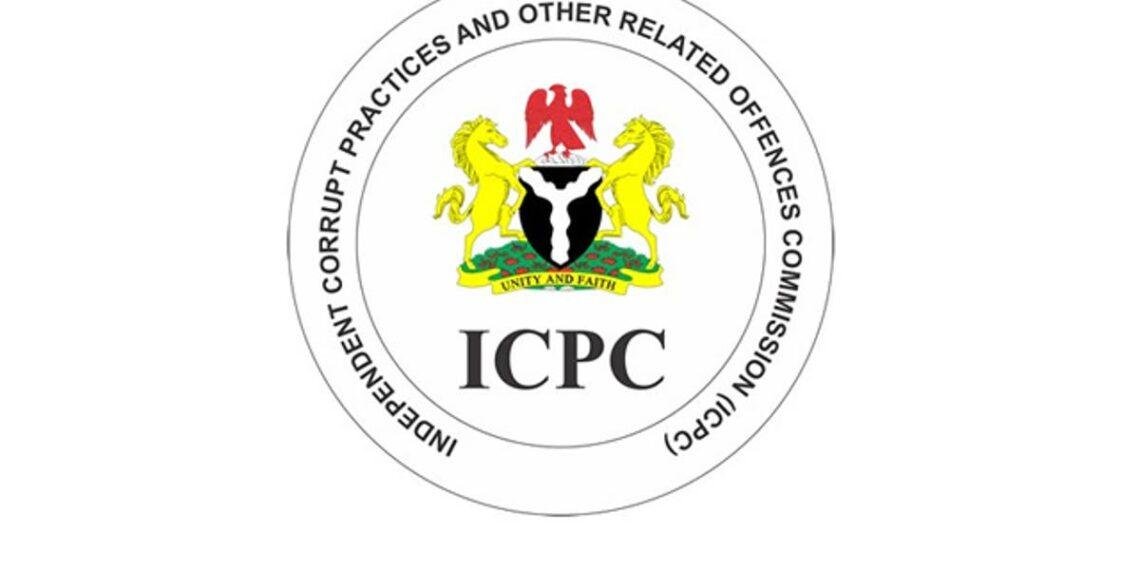The Independent Corrupt Practices and other related offences Commission (ICPC) has pledged to strengthen its collaboration with the disability community to combat corruption, address discrimination, and promote inclusivity in governance and public service.
The commitment was made during a strategic partnership meeting in Abuja between the commission and the Pioneers Ad Hoc Consortium of Nigeria’s Disability Civil Rights Movement.
Representing the ICPC Chairman, Dr. Musa Aliyu, the commission’s Secretary, Mr. Clifford Oparaodu, said the ICPC operates an inclusive recruitment policy and already employs persons with disabilities.
“ICPC does not discriminate in its recruitment or operations. We treat every verifiable petition on its merit, irrespective of the petitioner’s background or vulnerability,” Oparaodu stated.
He assured the consortium of the commission’s readiness to explore joint initiatives such as tackling corruption in disability-focused institutions, strengthening whistleblower engagement, and improving accessibility in service delivery.
Co-Founder and Chairperson of the Joint National Association of Persons with Disabilities (JONAPWD), Omotunde Thompson, outlined the challenges faced by the disability community, including systemic neglect, corruption, and structural barriers.
She praised the ICPC for its professionalism and empathy, particularly in providing physical support during court proceedings.
“We value ICPC’s track record in addressing high-profile cases and the compassion it has shown. But more must be done to ensure dignity, protection, and fairness for persons with disabilities,” Thompson said.
Read Also:
- ICPC, NDPC partner to protect Nigerians’ data, curb corruption
- ICPC, gender mobile push for full implementation of anti-sexual harassment Policy
- ICPC, FCC plan joint task force against job racketeering
She urged the federal government to create a Department of Veteran Affairs to cater to the welfare of law enforcement officers and persons with disabilities by ensuring timely salary payments, healthcare access, and adequate protection to curb insecurity and social unrest.
Her other proposals included appointing a dedicated desk officer for disability matters, introducing specialized training programs, auditing donor funds for disability-related projects, and ensuring accessible policymaking dialogues.
The consortium submitted a formal petition and proposed a memorandum of understanding to formalize the partnership.
The meeting ended with the ICPC’s renewed commitment to act swiftly on any verifiable petition within its mandate.
“We are excited about the possibilities of this partnership and are determined to make sure it delivers real results for the disability community,” Oparaodu concluded.






